2020 June
About Andrew Cusack
 Writer, web designer, etc.; born in New York; educated in Argentina, Scotland, and South Africa; now based in London.
Writer, web designer, etc.; born in New York; educated in Argentina, Scotland, and South Africa; now based in London. read more
News
Blogs
Reviews & Periodicals
Arts & Design
World
France
Mitteleuropa
Knickerbockers
Argentina
The Levant
Africa
Cape of Good Hope
Netherlands
Scandinavia
Québec
India
Muscovy
Germany
Academica
CDU @ 75
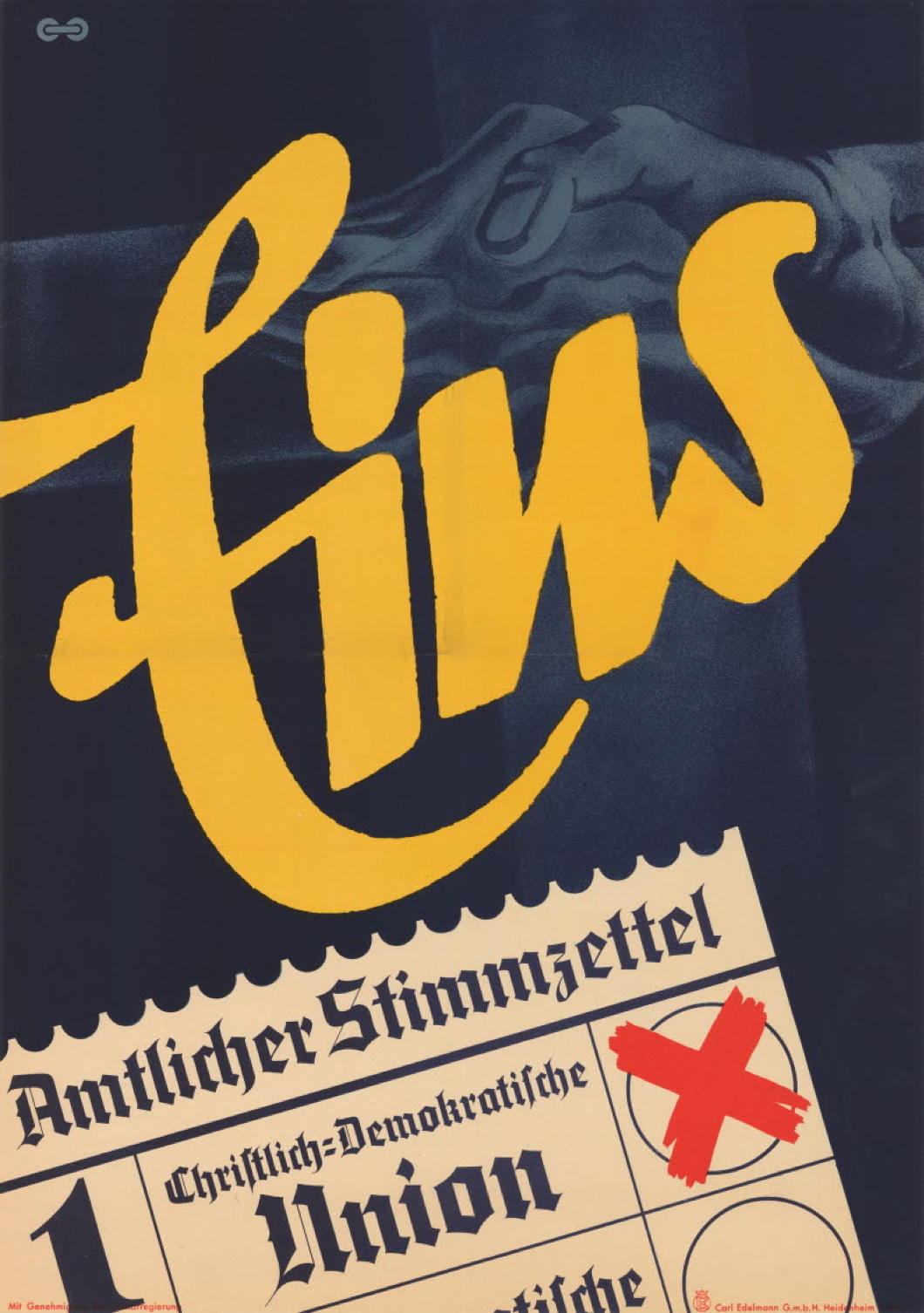
Last week was the seventy-fifth anniversary of the foundation of Germany’s Christian Democratic Union, one of the most successful democratic political parties in postwar Europe.
Indeed, under Adenauer the CDU was one of the institutions which transformed relations between the peoples of Europe and started the process of integration which, alas, has not aged well.
Nonetheless, here are some election posters from the early years of the CDU — plus one from the 1980s. (more…)
Hammerstein’s Four Types
Speaking to a friend the other day, I mentioned this quotation which is often incorrectly attributed to Rommel (including by me).
The actual source of these words is Kurt von Hammerstein-Equord, a four-star general of the German army, who described the four types of officer and their place along the axes of being 1) either clever or stupid, and 2) either hardworking or lazy.
There are clever, hardworking, stupid, and lazy officers. Usually two characteristics are combined.
Some are clever and hardworking; their place is the General Staff.
The next ones are stupid and lazy; they make up ninety percent of every army and are suited to routine duties.
Anyone who is both clever and lazy is qualified for the highest leadership duties, because he possesses the mental clarity and strength of nerve necessary for difficult decisions.
One must beware of anyone who is both stupid and hardworking; he must not be entrusted with any responsibility because he will always only cause damage.”
I am sure the experience of many would confirm that Hammerstein’s typology is also applicable in the civilian world.
Hammerstein was a brave man, who unsuccessfully attempted to see President Hindenburg personally in the hopes he would intervene to stop the massacre on the Night of Long Knives.
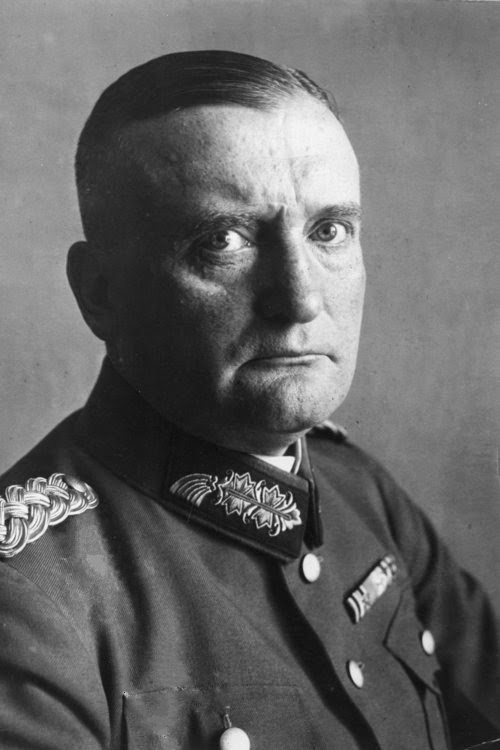 His friend and regimental comrade General Kurt von Schleicher, the last Chancellor of Germany before Hitler’s appointment, was among those murdered on the evening and Hammerstein defied army orders by attempting to attend Schleicher’s funeral only to be stopped by the SS.
His friend and regimental comrade General Kurt von Schleicher, the last Chancellor of Germany before Hitler’s appointment, was among those murdered on the evening and Hammerstein defied army orders by attempting to attend Schleicher’s funeral only to be stopped by the SS.
Nonetheless, his reputation and skill ensured he was given command during the war, although Hitler later personally dismissed him for his opposition to national socialism.
As Hammerstein was dying of cancer in 1943 he told the art historian Udo von Alvensleben-Wittenmoor: “I am ashamed to have belonged to an army that witnessed and tolerated so many crimes”.
His family refused to allow Hammerstein to be buried with a military funeral as it would have meant his remains being draped in the swastika flag.
Despite being a conservative Protestant nobleman of the old school, two of his five children ended up as communists, though his youngest son became a Protestant theologian.
Msgr Antony Conlon
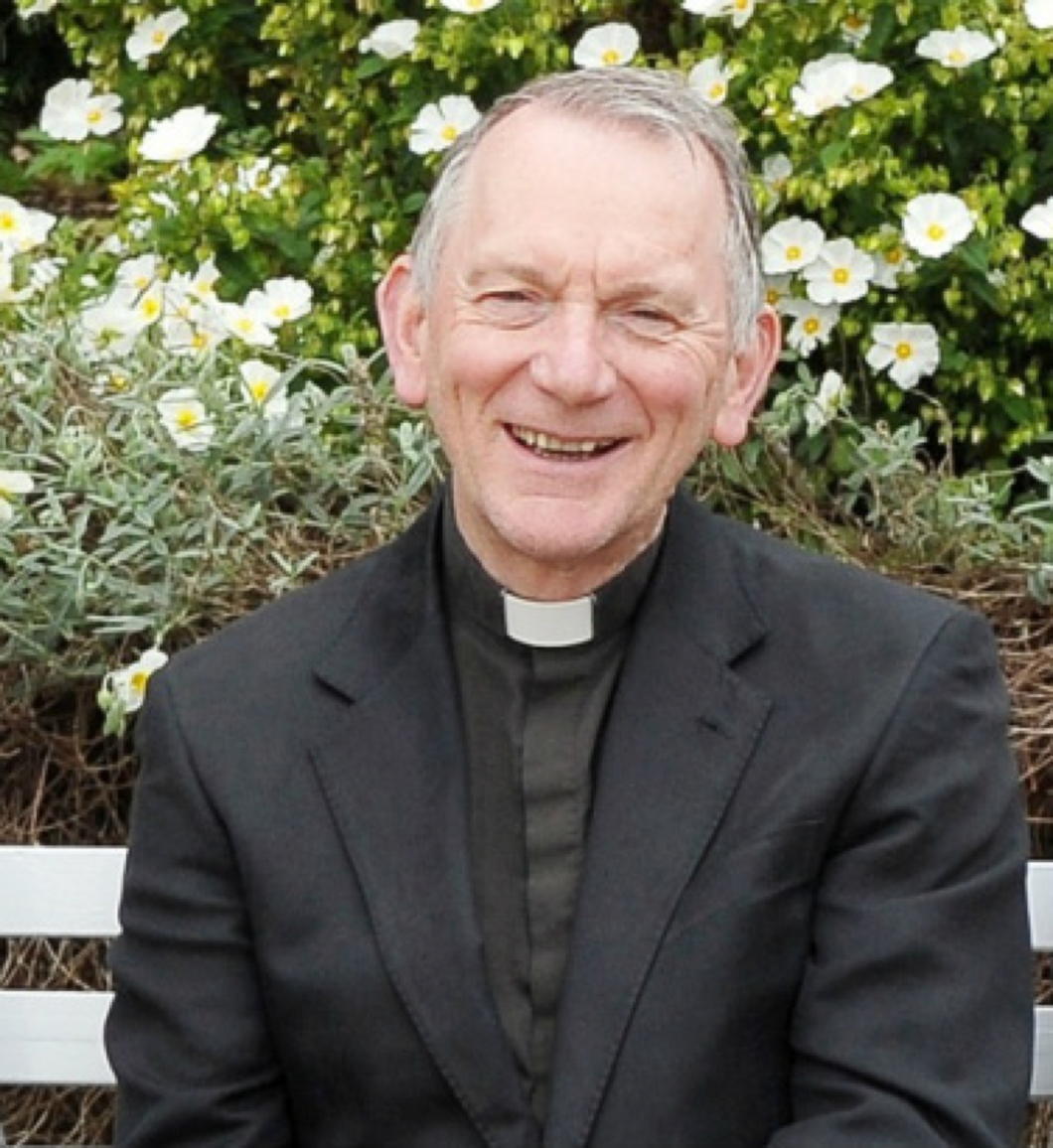
IN PREPARING these notes the same response was given by many of Dr Antony Conlon’s friends – “I’ve got lots of stories, but they’re not really suitable for an obituary”. This is in itself an obituary, as it sums up Antony Conlon’s profound sense of fun and friendship; without ever being in the slightest scandalous, yet often hilarious, anecdotes of him are intensely personal. One of his informal nicknames among many of his friends in conversation (more about the other one later) was ‘our mutual friend’ – one knew immediately who was meant, and it reflects his wonderful ability to bring his friends together; there was nothing solitary about Antony Conlon, he lived through and for people.
This quality of openness, while sometimes misunderstood by those who seek clerical detachment in their priests, was an essential part of his priesthood, one which made him deeply pastoral at all times in the everyday world. There was no ‘off-duty Conlon’, even in his lightest moments the same priestly and paternal respect for others was always there, which, paradoxically, attracted non-Catholics to him so readily. His educated and amusing conversation on the widest spectrum of subjects, rarely ‘churchy’, opened the door to everyone.
As one friend said recently, there was never a telephone call, however serious or sad the initial subject, which at some point did not descend (ascend?) to peals of childlike laughter. Even his well-known indignation and fury with those people and institutions he did not agree with (usually because they were opposed to the traditions of the Church or another firmly-held principle) for all their bluster, and the occasional swear-word, were never unkind, and never quite lost sight of human absurdity. (more…)
Corpus Christi
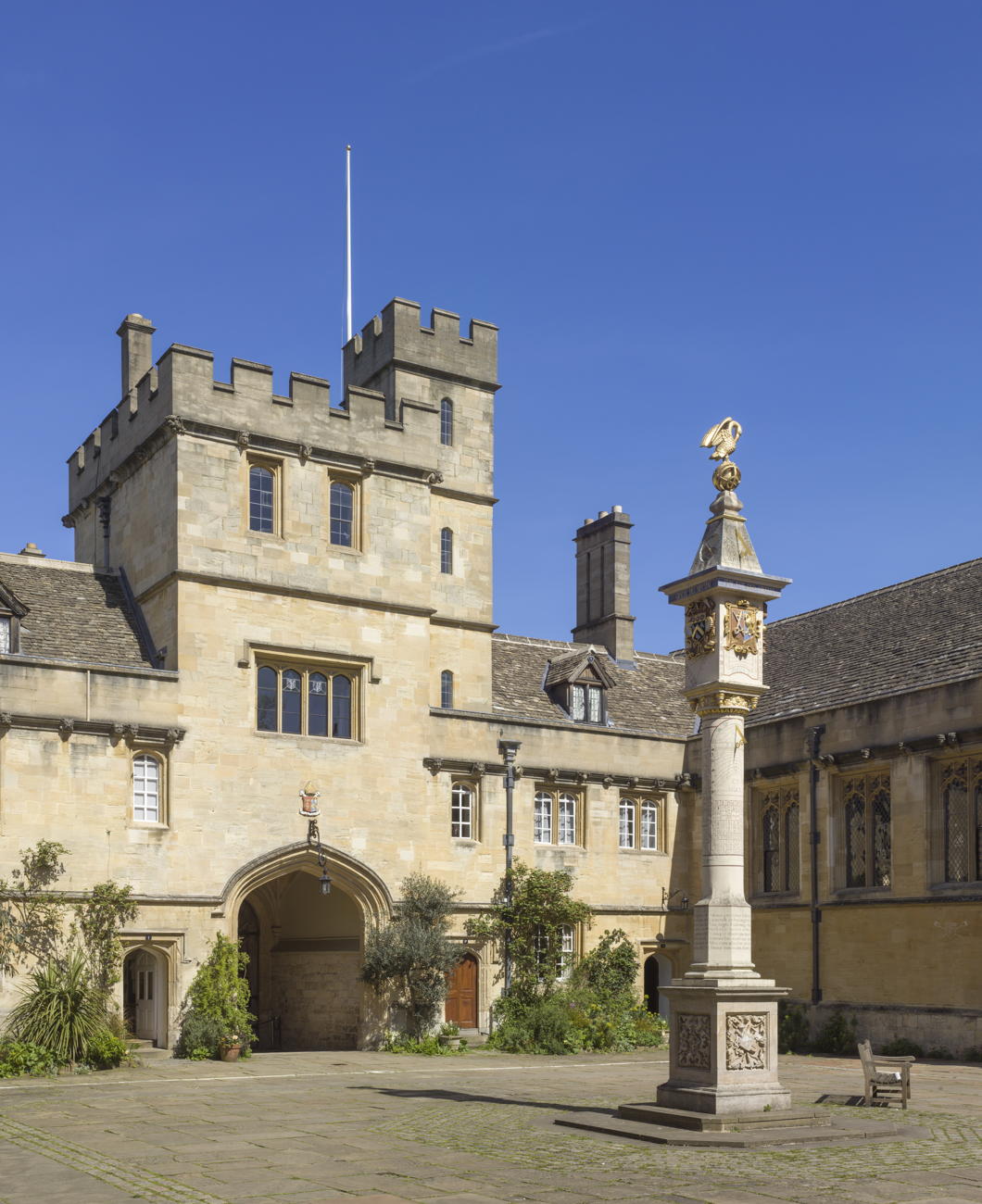
It seems silly to let today’s feast pass without mentioning Corpus Christi College at the University of Oxford. It’s one of the smaller colleges, with about 250 undergraduates and a hundred or so postgraduates studying in its charming quadrangles.
Founded in 1517, Erasmus hailed its library as inter praecipua decora Britanniae, “among the chief ornaments of Britain”, and Cardinal Pole — the last legitimate Archbishop of Canterbury — was a founding fellow.
More recently, John Keble became an undergraduate there in 1806, before accepting a fellowship at Oriel in 1811, and having Keble College founded and named after him a few years after his death in 1866.
Architecturally, Corpus’s most remarkable feature is the Pelican Sundial, which is actually a column dating from 1579 that contains twenty-seven different sundials. It was most recently restored in 2016, and copies exist at Princeton and Pomfret.
The terrace atop the new auditorium affords an excellent view of the former priory of St Frideswide, now used by the Protestants as Christ Church. (more…)
Klein Gidding
Bekend nie, want nie gesoek nie
Maar gehoor, half gehoor, in die stilte
tussen twee golwe van die see.
Vinnig, nou, hier, nou, altyd –
’n Voorwaarde van volledige eenvoud
(Koste nie minder nie as alles)
En alles sal wel wees
Allerhande dinge sal wel wees
As die tonge van vlam inmekaar gevou is
In die gekroonde knoop van vuur
En die vuur en die roos is een.
Mauritz de Haas
Stormcloud and moonlight — these were the preferred settings of the marine paintings of Mauritz Frederik Hendrik de Haas.
Born in Rotterdam in 1832, he studied at the academy there as well as in the Hague under Bosboom and Meijer.
At the age of twenty-five, de Haas accepted an artist’s commission in the Dutch Royal Navy, carrying on for two years until the Rhenish-Sephardic financier August Belmont (a former American ambassador to the Netherlands) persuaded him to come to America in 1859.
By 1867 de Haas was an academician of the National Academy and a founding member of the American Society of Painters in Water Colors.
His brother, Willem Frederik de Haas, was also a marine painter, but Mauritz’s scenes are much more atmospheric — especially as one moves from day through dusk and into the light of the moon.
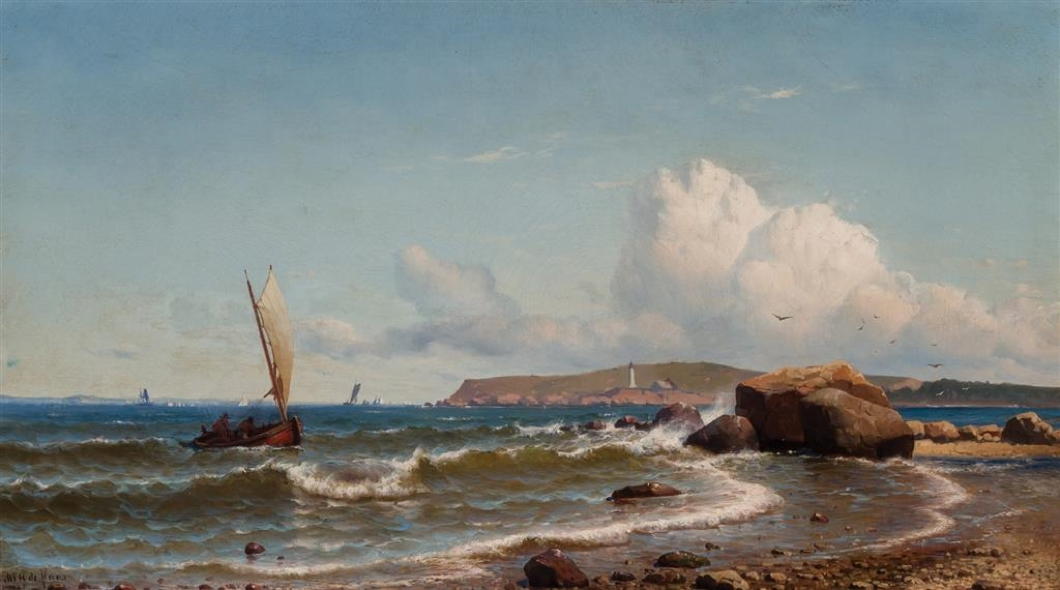
oil on canvas, 17 in. x 30 in.
Onze Grootste President
The London Residence of President Martin van Buren
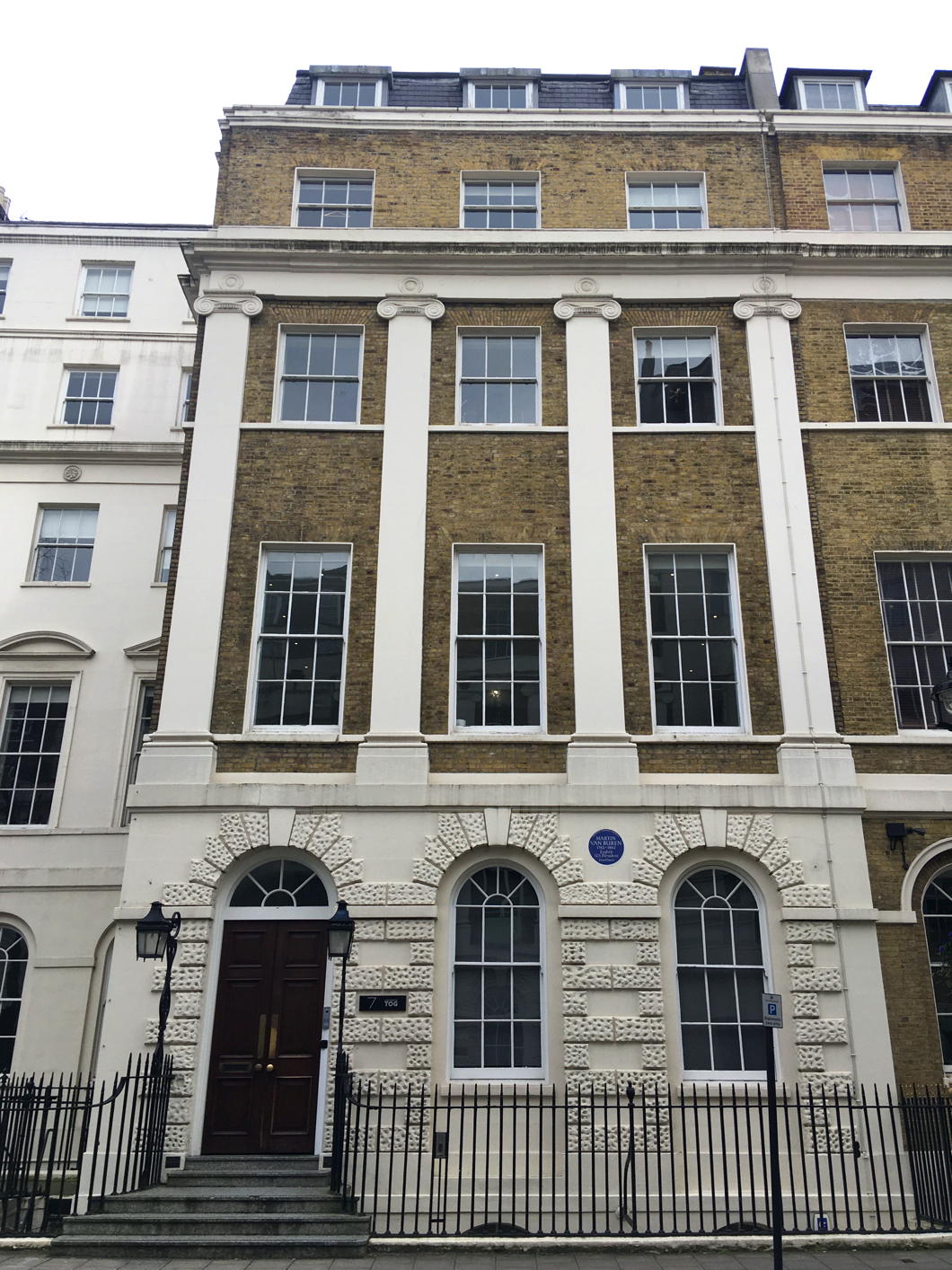
Transacting some business in March before the plague struck us here in London I found myself with a moment to spare and made a brief pilgrimage to No. 7, Stratford Place. It was in this handsome townhouse that Martin van Buren, the first New Yorker to ascend to the chief magistracy of the American Republic, had his residence when he served as the United States’s minister to Great Britain in 1831.
While I often claim that Calvin Coolidge was America’s greatest president in reality my chief devotion in that contest is to the Little Magician himself, the Red Fox of Kinderhook.
Among the many characteristics of this esteemed Knickerbocker is that English was not his native language and throughout his career as a democratically elected politician he spoke with a thick Dutch accent. To his wife, he spoke almost entirely in Dutch.
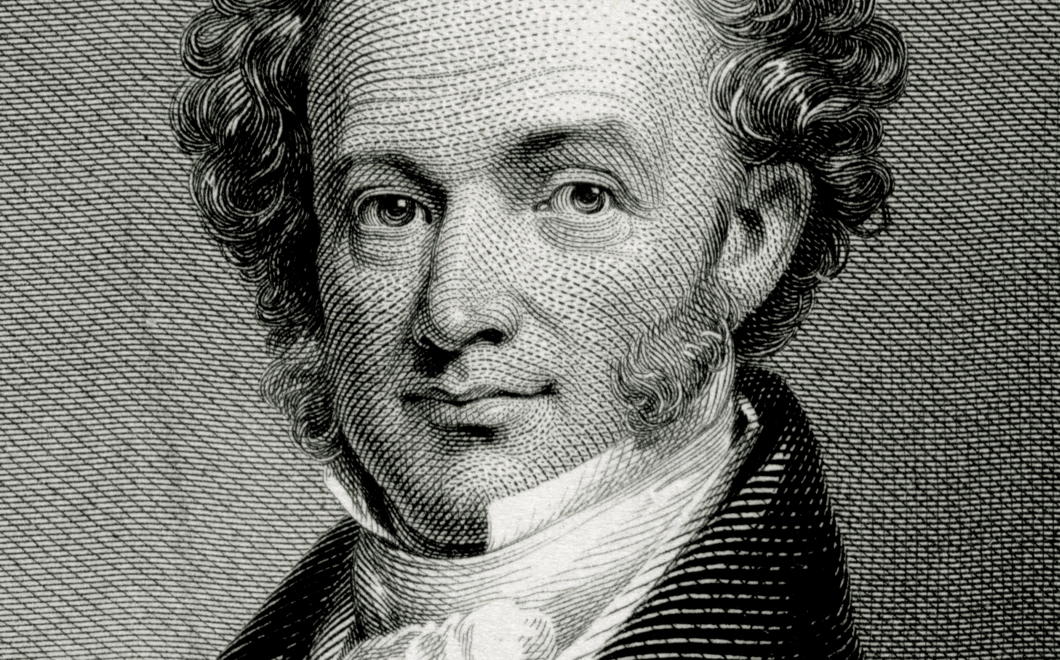
Jay Cost and Luke Thompson’s Constitutionally Speaking podcast at National Review recently released the first of a two episodes about van Buren and while I’m no fan of podcasts in general this was worth listening to.
One of the factors Cost and Thompson highlight is the utility of the party machine structures of the day in solidifying the practice of America’s democracy and acting as a vehicle of accountability, something too little appreciated by most later observers of the period.
We keen Kinderhookers and Van Buren Boys await the second instalment with anticipation.
Shamefully I have not yet made the pilgrimage to Kinderhook itself, but it’s pleasing to learn that the dominie of the Dutch Reformed Church is a graduate of the greatest university in the southern hemisphere.
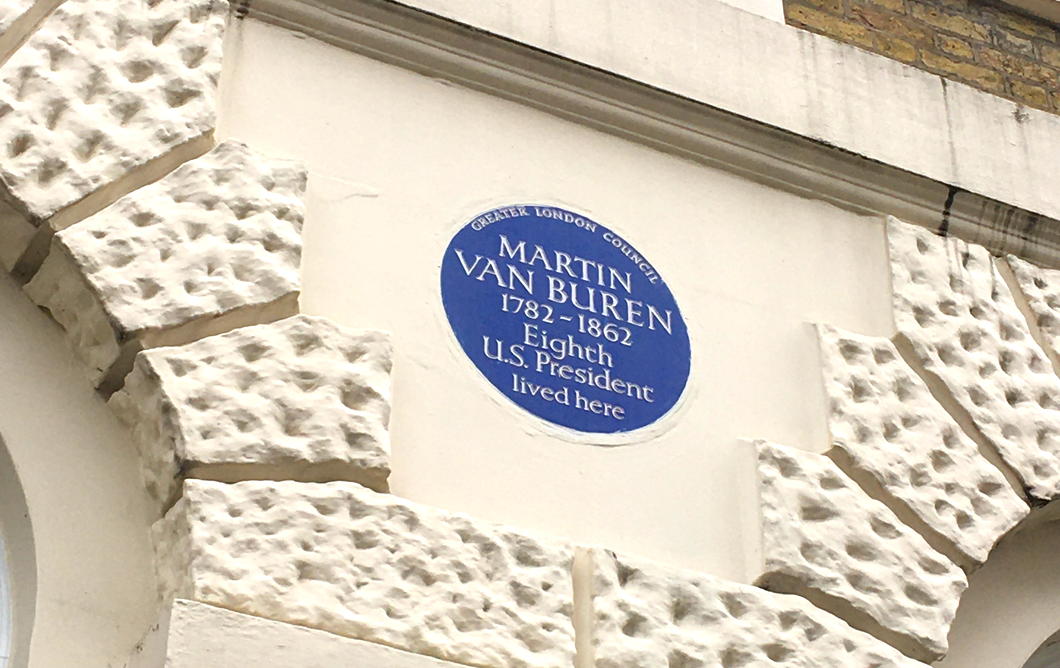
Search
Instagram: @andcusack
Click here for my Instagram photos.Most Recent Posts
- Silver Jubilee November 21, 2024
- Articles of Note: 11 November 2024 November 11, 2024
- Why do you read? November 5, 2024
- India November 4, 2024
- The Lithe Efficiency of the Old Constitution November 4, 2024
Most Recent Comments
Book Wishlist
Monthly Archives
Categories


